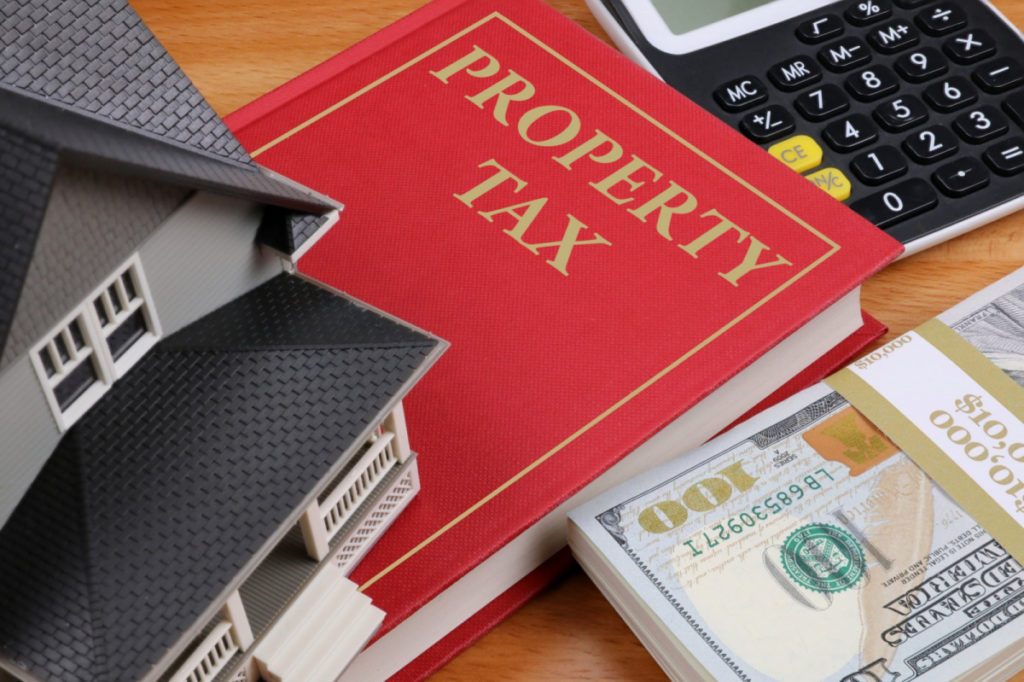Letter: Amherst’s Residential Taxes Are Too High

Photo: Nick Youngson/pix4free. Creative Commons.
My wife and I decided to move to the Town of Amherst, Massachusetts and consequently purchased our condominium in June 2019. One of the first questions we asked the owner/builder of the condominium, both real estate agents, the closing lawyers, and the Town of Amherst Tax Assessors Office was, how much are the real estate taxes on our unit? No one was able to answer because we were part of a condominium association that had not been completely sold and the condominium association had not been set up. Furthermore, we were told that the original house was taxed approximately $11 -$12K yearly and if you divide the 6 units into that figure you should have an approximate figure.
We had moved from the New York City area and were in the greater New York City Tax area, paying NYC EPA, MTA etc. taxes. I am a Disabled Vietnam Veteran who received a 40% reduction on the property taxes in the Town of East Fishkill, Dutchess County, New York. I had a larger house than I have now on one acre of land. In Amherst, however, it turns out that my taxes are now over $12K. And to thank the Disabled Veterans, Massachusetts and the Town of Amherst gives a maximum of $400.00 yearly, but only if you submit the tedious paperwork. This means I am paying 150% more in taxes than in New York. Had we known what the taxes were, we never would have moved to Amherst.
The BID/Chamber of Commerce have no regard or concern for the Town of Amherst’s residential real estate tax base. The business community has displayed contempt toward the Amherst residents as exhibited by their lack of forethought and residential consideration. The dwindling Town of Amherst owner-occupied residences have the burden of the highest tax rate in Hampshire County, Massachusetts.
The population of the Town of Amherst is 39,263 people, of which 22,660 are University of Massachusetts students; 1,745 are Amherst College students; and 522 Hampshire College students. These figures are from the 2020 U.S. Census and each school’s posting. The remaining 14,336 people are the “permanent residents” of the Town of Amherst. The average household in the Town of Amherst is 2.44 people, therefore there are 5,875 residential taxpayers left with having to pay the exorbitant taxes. However, the small but rich business community pays the same tax rate as the overtaxed residents.
As part of a solution, the Town of Amherst should tax the unresponsive business community a 10% higher tax rate, as our neighbor, the Town of Hadley, has done.
It is a sad commentary on the business community when you walk down the main streets of Amherst and can’t buy from a butcher, fishmonger, cheesemonger, a greengrocer or fresh bread from a baker.
My question to you, Town of Amherst Councilors, is how do you propose to reduce the tax burden on the overtaxed owner residents?
Jay Silverstein
Jay Silverstein is a resident of Amherst.

Dear Mr. Silverstein,
I sympathize with your personal property tax situation, and I’m sorry that you find yourself caught in the trap of purchasing a newly constructed condominium prior to the property being evaluated by the town’s property tax assessor. You got whip-sawed, and many people find themselves in your situation when they purchase a newly constructed property.
However, trying to compare commercial property owners assessments with residential property owner’s assessments is like comparing two unrelated pieces of fruit. Residents of any community “use” commercial property for their mutual benefit to obtain goods and services from uses of those commercial parcels while seldom do commercial property owners use another piece of residential property for their personal benefit. Personally, I have always felt that assessing residential and commercial properties at the same tax rate was justifiable. Assessment of property is a complex economic endeavor, but primarily it is based upon a comparison with other similar properties and their historic value. That value is derived from many factors and only one of them is its usage.
Amherst’s property values are derived from many things, and one of its largest attractions is its make-up of an education based population part of which comes from the students at its various institutions. I’m sorry that you are displeased by your recent choice of where you want to live. It is maddening to feel that you were cheated and misled. I hope you find a satisfying resolution. Good luck.
Jeff Dwyer